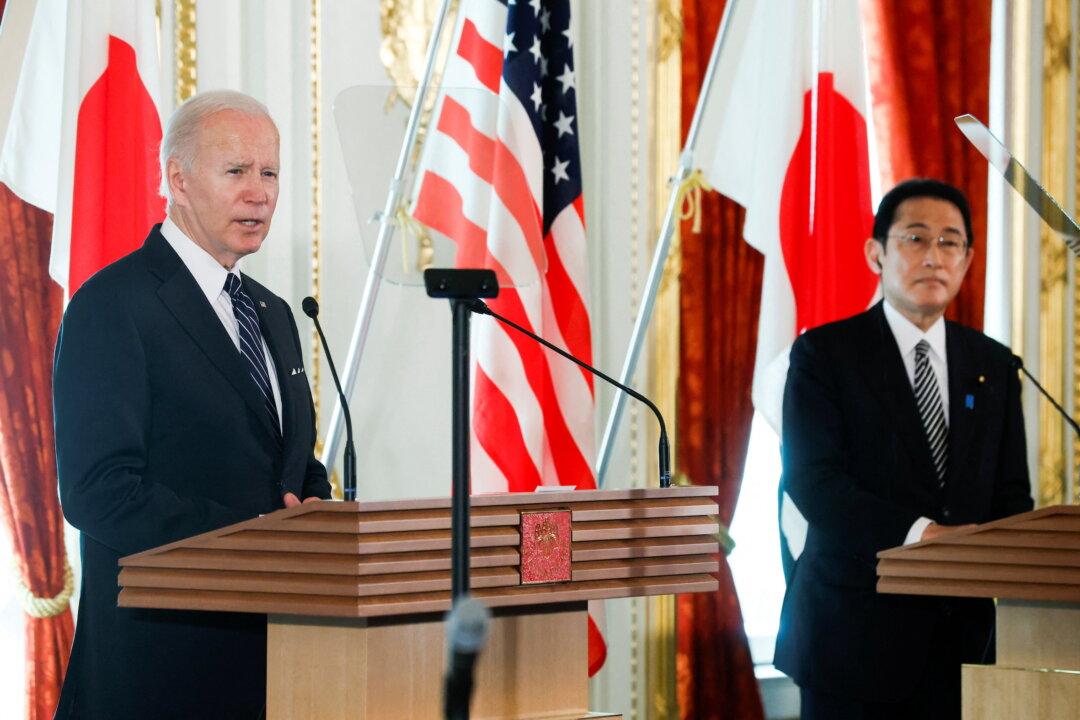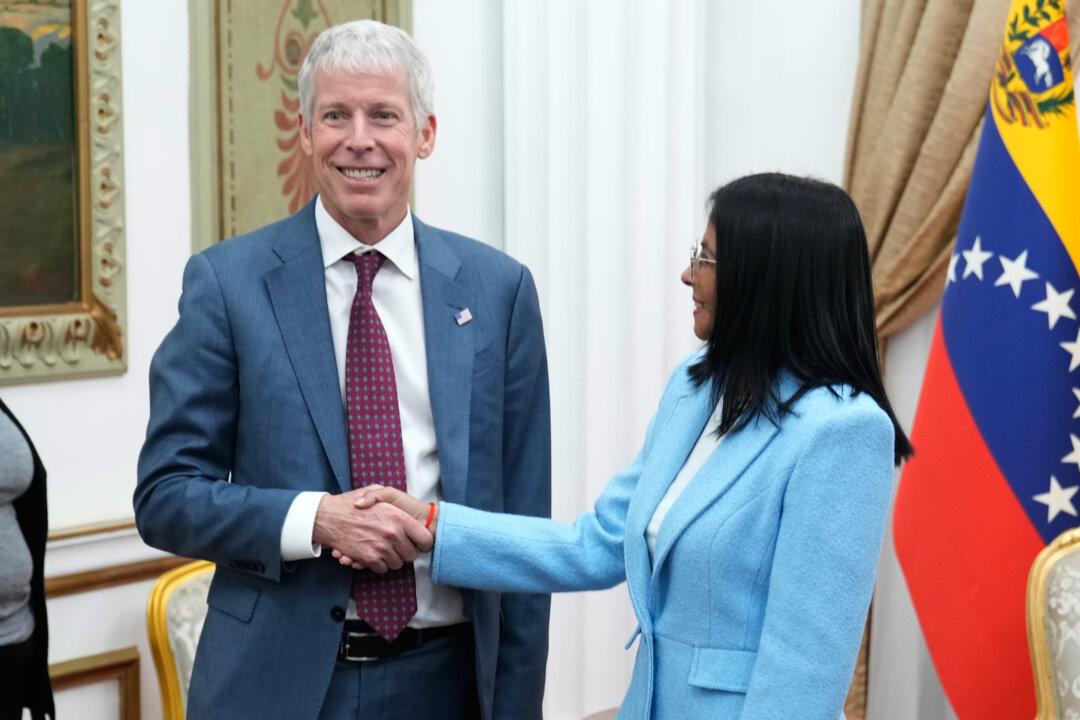U.S. President Joe Biden reiterated his country’s support for Taiwan, saying on Monday that his administration is willing to defend Taiwan with force if there is an attack by China’s communist party (CCP) on the mainland.
When a reporter asked whether Biden would be “willing to get involved militarily to defend Taiwan if it comes to that?” during the May 23 press conference in Tokyo, he replied with a flat “Yes.”





